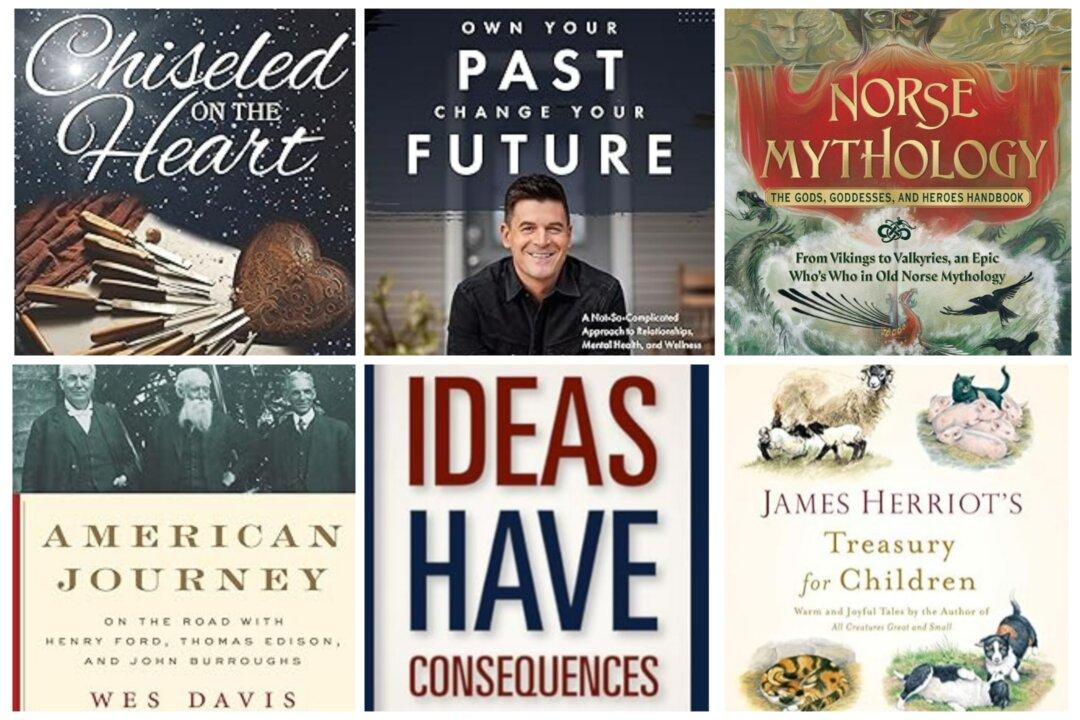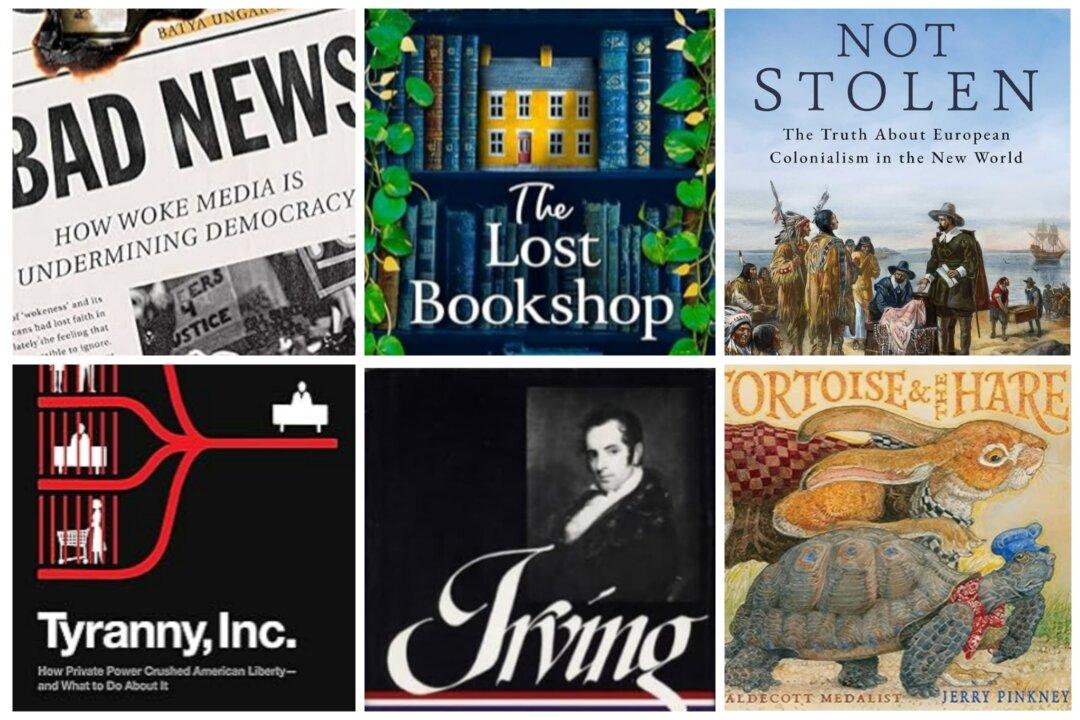In 1990, Mental Health Awareness Week was established by the U.S. Congress in recognition of efforts by the National Alliance on Mental Illness to educate and increase awareness about mental illness. It takes place every year during the first full week of October.
This month is a fitting time to read first-time author David Pruitt’s memoir, “Relative Distance,” about one man’s journey of faith and restorative resilience.






